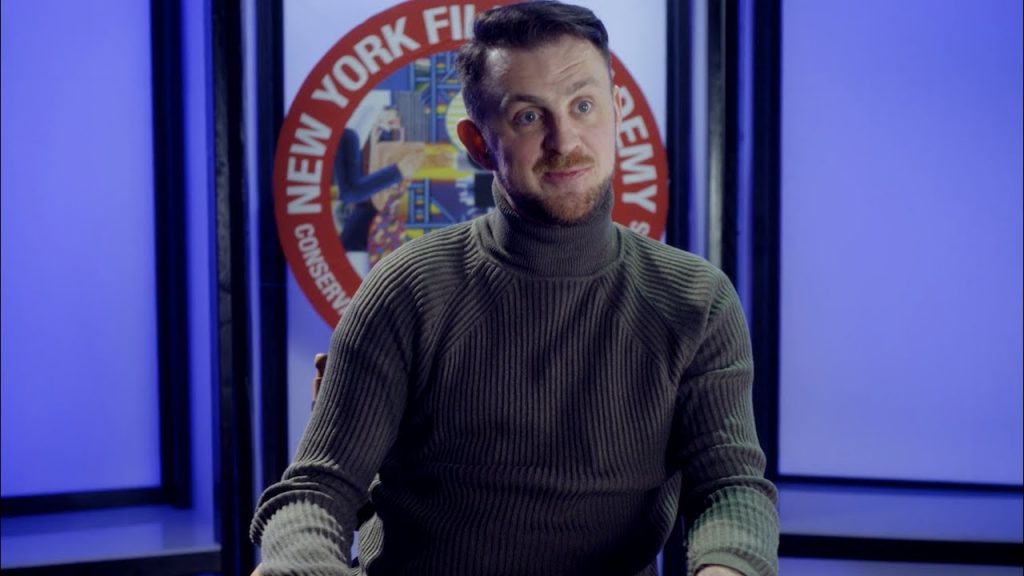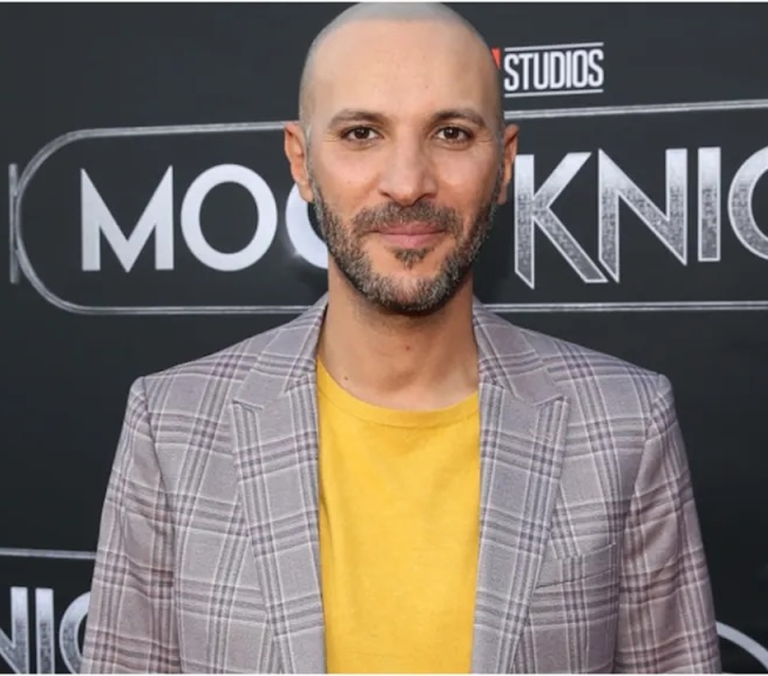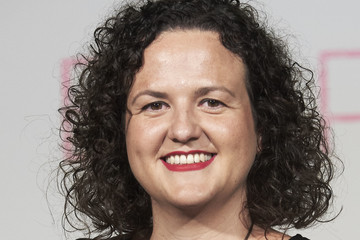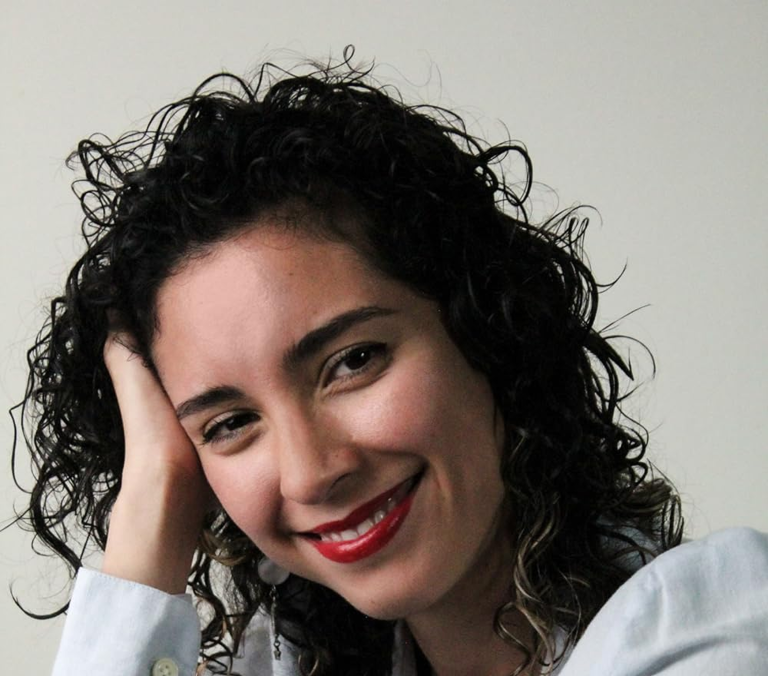Expand Your Screenwriting Skills at NYFA
In this 1-Year Screenwriting program, students learn through practice and repetition, completing a variety of scripts and projects. Throughout the program, students write their own original scripts, rapidly learning the screenwriting process, as well as the techniques required to add polish to their work.
In addition to writing, students study topics that bolster their skills in narrative storytelling, such as film craft, acting, pitching, and cinema studies. Students also direct a short film or scene from their own original screenplay. By the end of the program, students who fully commit and apply themselves to the curriculum can effectively brainstorm a concept, write a script, make impactful edits and revisions, and confidently pitch and present their ideas to executives. Students will complete two full screenplay drafts during the 1-Year Screenwriting Program.
Students primarily focus on their writing during this program, and this approach allows aspiring screenwriters to explore their enthusiasm and solely focus on their scripts. Upon graduation, students will earn a college credit-bearing Certificate. Eligible students can then apply for credits to be transferred to a screenwriting degree program at NYFA.
Faculty Highlights
Curriculum
The one-year curriculum for Screenwriting at NYFA includes:
- Rigorous courses in classes such as Elements of Screenwriting, Writing the Television Spec, Writing the Feature Film, and more
- Faculty and staff with professional experience in screenwriting and can prepare students for the challenges of the current industry
- Access to professional-grade camera, sound, and light equipment, as well as access to a digital license to the Final Draft screenwriting software
- Exclusive guest lectures from industry leaders such as screenwriters, directors, producers, actors, and more
To learn more, refer to NYFA’s Course Catalog or request more information.
This program is a conservatory-based, full-time two-semester program. Qualified students who complete the 1-Year Screenwriting Program may apply to have their coursework be accepted for advanced standing in the AFA, BFA, MFA in the screenwriting degree programs.
During the 1-Year Screenwriting Program at NYFA, students complete an array of projects including creating a treatment for a future film, writing the first draft of a spec feature-length screenplay, directing a short film or scene, and more. To learn more about the projects that screenwriting students complete, visit our projects page.
Students interested in attending NYFA for the 1-Year Screenwriting Program can choose from NYFA’s New York or Los Angeles campuses.
1-Year Screenwriting Program
| Location | Program Start Date and End Date | Tuition |
|---|---|---|
| New York City | January, 2026 – August, 2026 August, 2026 – August, 2027 | Spring 2026 Semester The program semesters tuition and duration is listed below. In addition to tuition please review the programs associated feesTuition:$18,575 Per Semester Fall 2026 (August start): 3 Semesters Fall 2026 Semester The program semesters tuition and duration is listed below. In addition to tuition please review the programs associated feesTuition:$19,500 Per Semester Fall 2026 (August start): 3 Semesters |
| Los Angeles | January, 2026 – August, 2026 August, 2026 – August, 2027 | Spring 2026 Semester The program semesters tuition and duration is listed below. In addition to tuition please review the programs associated feesTuition:$18,575 Per Semester Fall 2026 (August start): 3 Semesters Fall 2026 Semester The program semesters tuition and duration is listed below. In addition to tuition please review the programs associated feesTuition:$19,500 Per Semester Fall 2026 (August start): 3 Semesters |
*Additional Fees:
Spring 2026 – Summer 2027
| Technology Fee: | $80 Per Semester |
| Wellness Services & Programming Fee: | $145 Per Semester |
| Activity Fee: | $125 per semester |
| Orientation Fee: (Spring 2026: January 5th – January 9th) |
Domestic Students: $150 International Students: $200 |
| Graduation Fee: | $100 |
| International Student Fee: | $200 for the first semester, $120 each subsequent semester |
Please note: Equipment, curriculum, and projects are subject to change and may vary depending on location. Students should consult the most recently published campus catalog for the most up-to-date curriculum.




